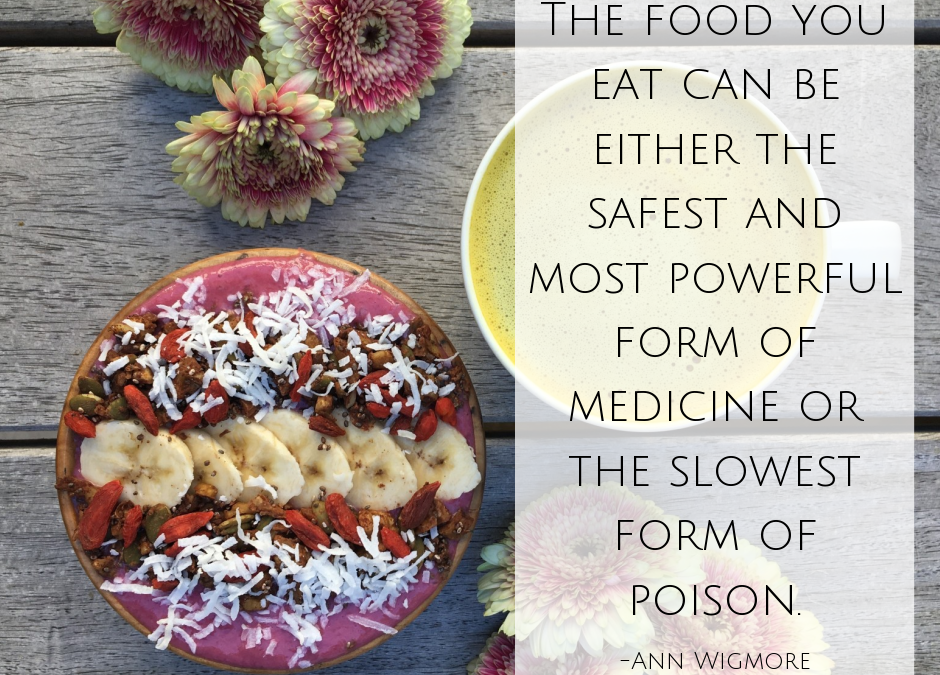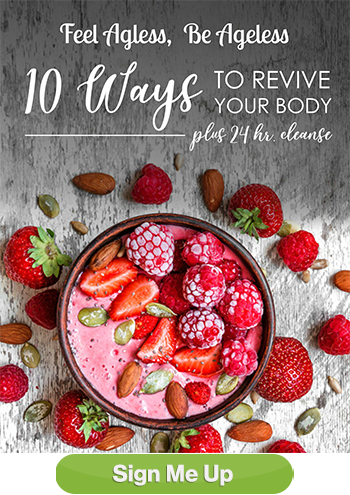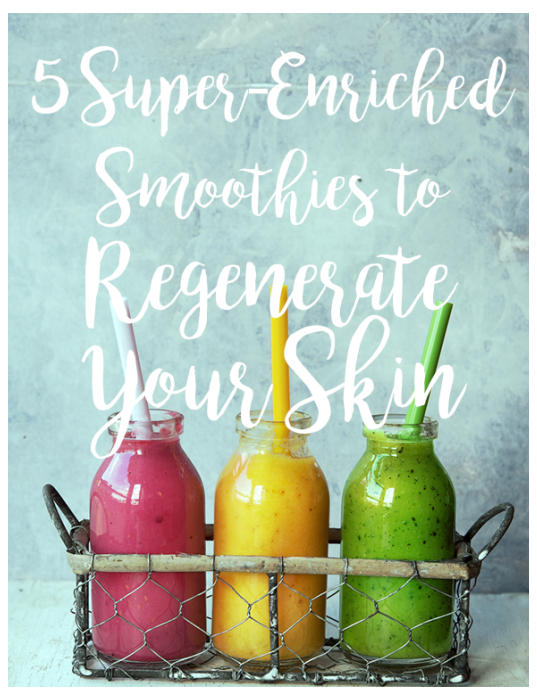Sleep Deprivation
Lack of sleep has been shown to increase preference of high calorie / high sugar foods. Also, the less sleep you get, the more likely you are to eat, which means not only will the quality of your diet suffer, but the quantity you may eat goes up, too! Aim for about eight hours per night.
Sugar
Although some people enjoy including small amounts of sugar in the diet – the more you eat, the more you tend to crave. Research shows that in the United States, added sugars may make up to 17% of total energy intake per day. The American Heart Association recommends that men limit added sugar in the diet to no more than nine teaspoons per day and women limit their sugar intake to no more than six teaspoons per day. To reduce cravings for sugar before they even start, eat real food (not packaged or fast food) and drink plenty of water.
Screen Time
Whether it’s a phone, tablet, or computer it can impact your diet. Frequent food advertisements may influence your cravings; when you see something that looks delicious, it puts the food in your mind and makes you more likely to want to get it. Mindless eating while driving, watching TV or scrolling the internet may cause you to eat more calories and especially unhealthier food.
Stress
Like sleep, stress has a major effect on your diet. When you’re stressed, it’s natural to turn to diet to offer some relief – this is where the phrase comfort food comes in. In the body’s attempt to find balance, high-sugar, high-energy foods offer a quick boost of energy to help you tackle a stressful situation. But when stress becomes chronic, cravings for simple carbs can be overwhelming. To avoid stress cravings, add a relaxation practice to your day. Consider meditation, deep breathing, praying, yoga or spending time in nature.
https://www.facebook.com/groups/166941367496848/ I am truly here to help you Feel Ageless, Be Ageless.
peggy@healthcoachmt.comBlessings,
Coach Peggy




 I help women in their 40's - 60's who are overwhelmed by what to eat, feel exhausted, lost in yo-yo dieting and desperately want a health blueprint for their body in the midst of information overload. I created a 3 step approach to help women discover their divine blueprint so they have more energy for life, have better sleep and less belly bloat when they eat. Are you ready?
I help women in their 40's - 60's who are overwhelmed by what to eat, feel exhausted, lost in yo-yo dieting and desperately want a health blueprint for their body in the midst of information overload. I created a 3 step approach to help women discover their divine blueprint so they have more energy for life, have better sleep and less belly bloat when they eat. Are you ready? 